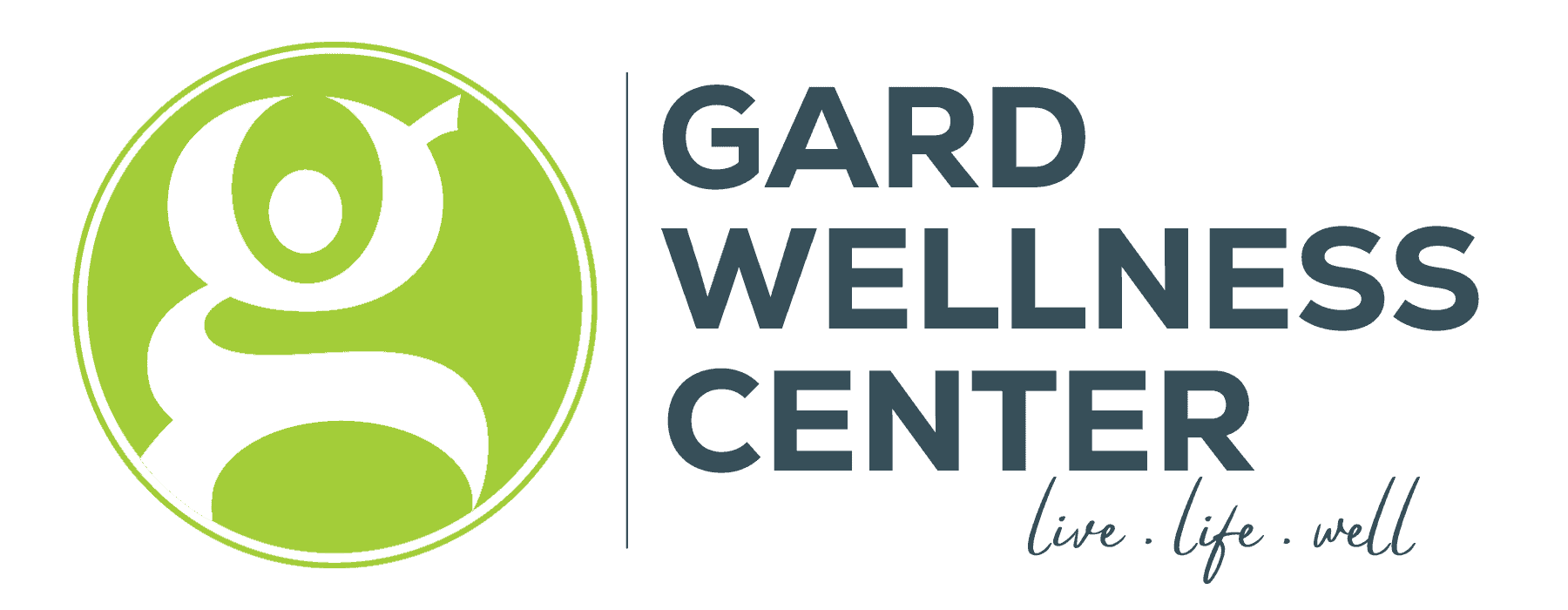Introduction: Unveiling the Vagus Nerve’s Role in Stress Management
In the realm of human physiology, few systems are as quietly influential as the Vagus nerve in managing stress issues. Acting behind the scenes, this nerve is pivotal in the autonomic nervous system, autonomously regulating critical functions like digestion, heart rate, and breathing. But its role in stress management is both profound and underappreciated, impacting our overall well-being in significant ways.
Understanding Stress Issues Through the Vagus Nerve
Stress issues, if not managed properly, can lead to a cascade of physical and mental health problems. The Vagus nerve, central to our body’s stress response system, can become overstimulated during periods of high stress. This overstimulation can manifest in symptoms such as increased heart rate, sweating, dizziness, and in severe cases, vasovagal syncope – a condition where the body, in an attempt to protect itself from harm, may cause one to faint or feel faint.
The Protective Mechanism of Vasovagal Syncope
Vasovagal syncope is often perceived negatively; however, it’s a testament to the body’s incredible self-preservation instinct. Triggered by acute stress or profound fear, this response is the body’s way of hitting the emergency brake when overwhelmed, protecting the heart and brain from damage. This mechanism underscores the Vagus nerve’s critical role in our body’s complex stress management system.
Strategies for Managing Stress Issues: Beyond Physical Health
Effective stress management transcends physical health practices. While regular exercise and a balanced diet are foundational, addressing the mental and emotional components of stress is crucial for long-term relief. The Vagus nerve’s sensitivity to stress highlights the importance of comprehensive strategies that include mental and emotional well-being.
The Power of Meditation in Stress Management
One of the most effective tools for managing stress issues and supporting the Vagus nerve’s health is meditation. Meditation provides a direct line to calming the overstimulated nerve, offering a peaceful refuge for the mind to process and release stress. By incorporating meditation into our daily routine, we can better manage the cycle of stress and anxiety, fostering a sense of peace and balance.
Conclusion: Embracing a Holistic Approach to Stress Management
The Vagus nerve’s role in managing stress issues is a reminder of the intricate connection between our physiological functions and emotional well-being. By adopting a holistic approach to stress management that includes mindfulness and meditation, we can support the Vagus nerve’s health, ensuring our body’s resilience against stress. Understanding and nurturing this connection is key to overcoming stress issues and achieving a harmonious state of health.

